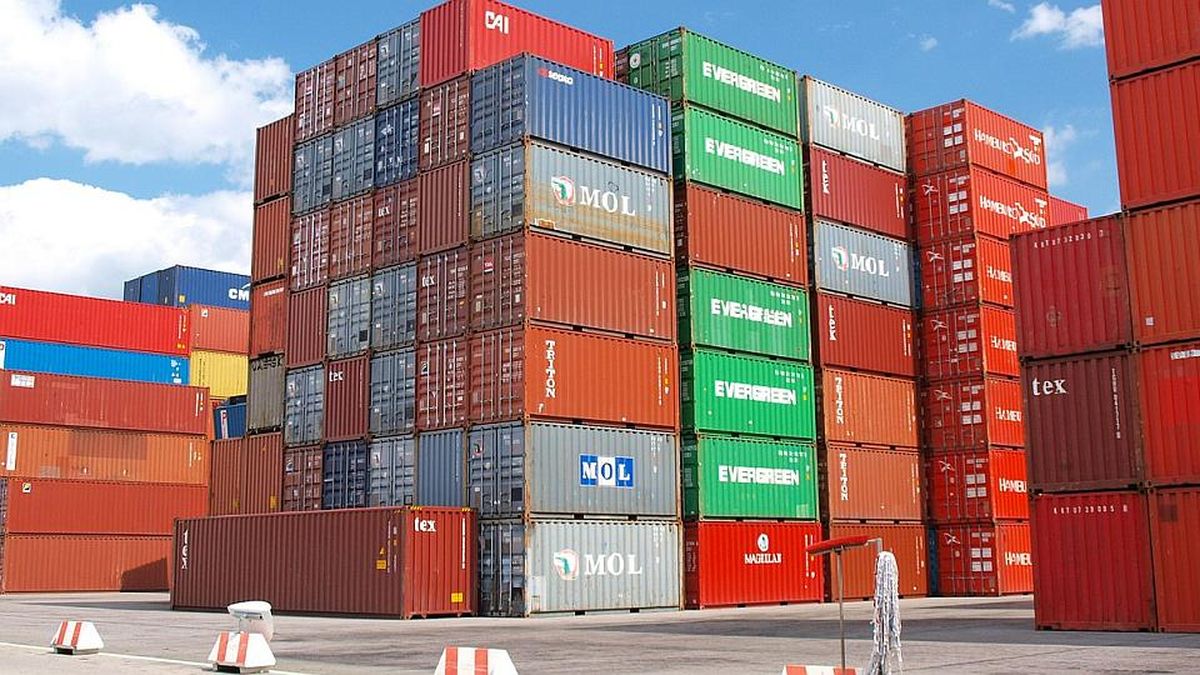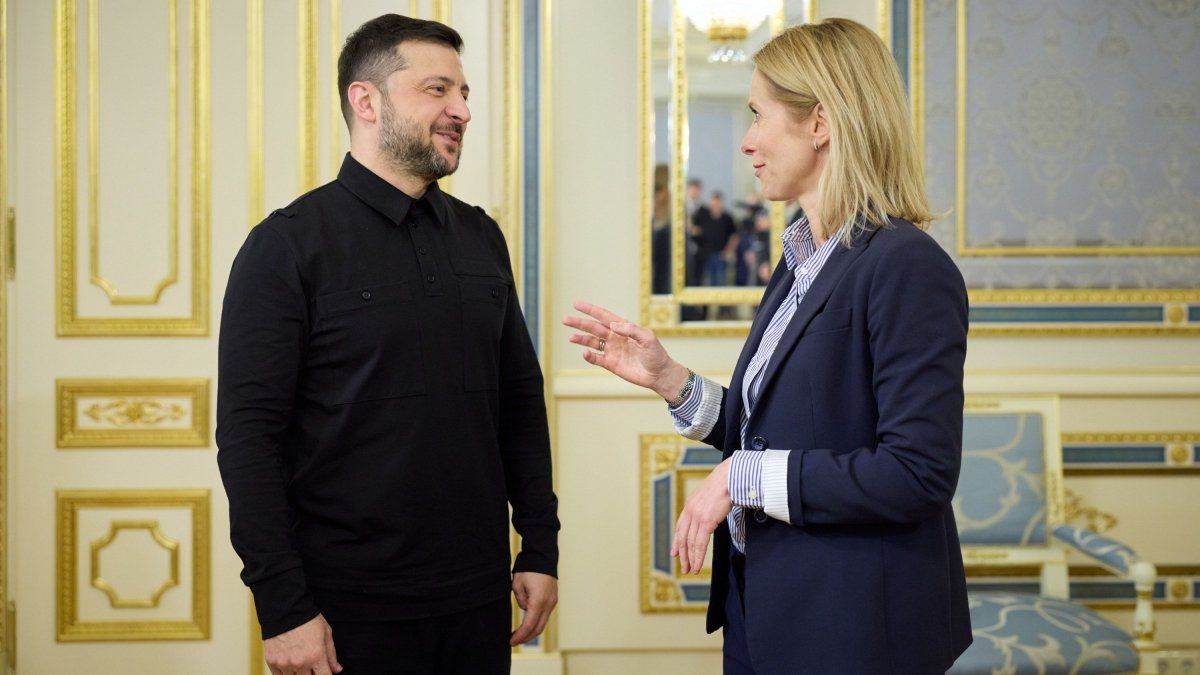Although the Government assures that it is on the right path to free the dollar trapthe reality is that it seems that Most exporting companies “don’t see it”. According to a survey by the Chamber of Exporters of the Argentine Republic (CERA), seven out of 10 companies in the sector believe that this is not a good time to invest.
“After the first few months of the new administration and taking into account the regulations in sight, 69% of exporters consider that they do not have sufficient incentives to increase investment, employment and exports,” the report states.
The explanation for this is linked to the dollar restrictionwhich poses problems for financing and for paying for inputs abroad.
The report says that “the “Local regulatory factors that are most detrimental” export activity are, first of all, “the difficulties in making payments abroad”; lack of tax recovery; “multiple exchange rates”; obligations related to the “foreign exchange settlements” and restrictions on “freight payments”.
In this regard, the CERA report indicates that, “in the sectors that pay export duties, this was included as “critical issue”.
wax.png
Despite this, companies expect an improvement. “By 2024, the 47% of respondents expect an increase in their exports Compared to 2023, 31% expect a drop and 22% believe there will be no change,” the report says.
Among the most important sectors mining and oil & gas appear, and several agro-industrial sectors foresee a recovery after the drought in 2023. In contrast, the least optimistic sectors for this year are automotive and industrial goods.
In fact, also Seven out of 10 companies has the expectation that the factors that it considers most relevant “will have Start of solution within the next 12 months”.
Respondents stated that, so that their exports increase significantly, above 30%, The main domestic factors that should be addressed are, in addition to the above (51%): Reducing the tax burden (14%), expanding access to financing (9%), the value of the exchange rate (5%), the strengthening of external relations (5%), the improvement of the logistics system (5%), greater institutionality (4%), progress in trade facilitation processes (4%) and improvements in trade promotion (3%).
Source: Ambito




